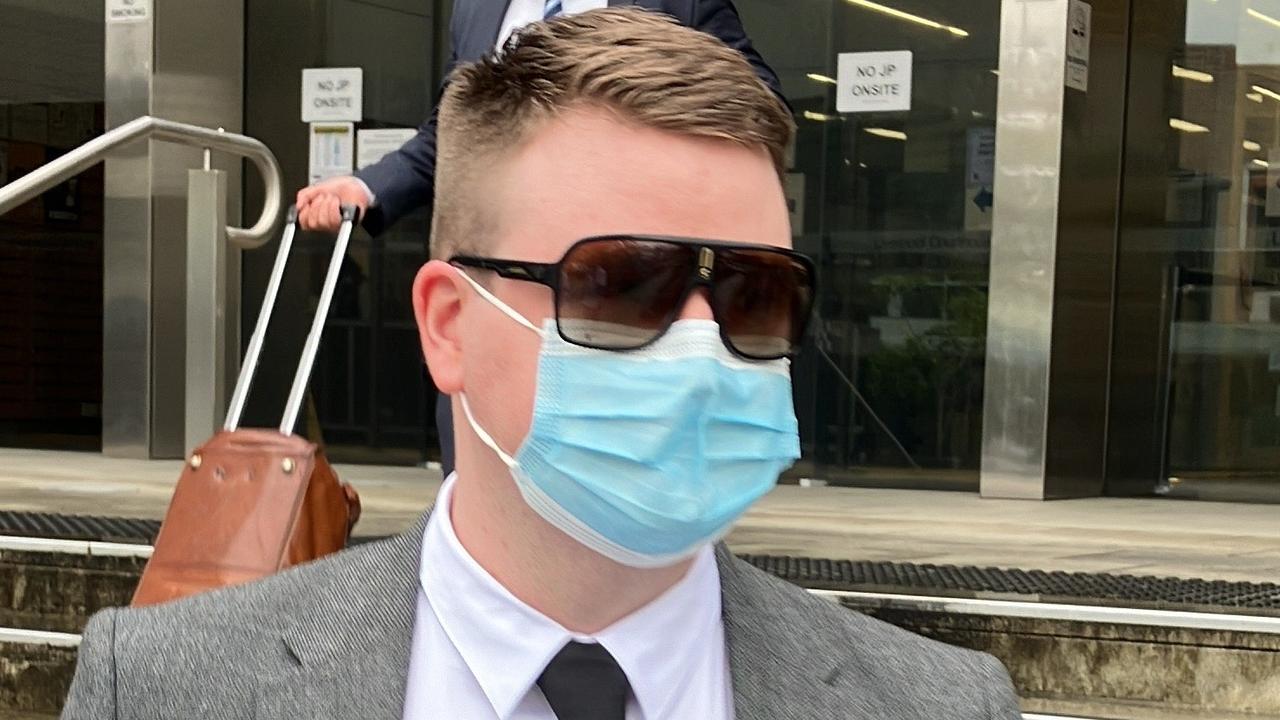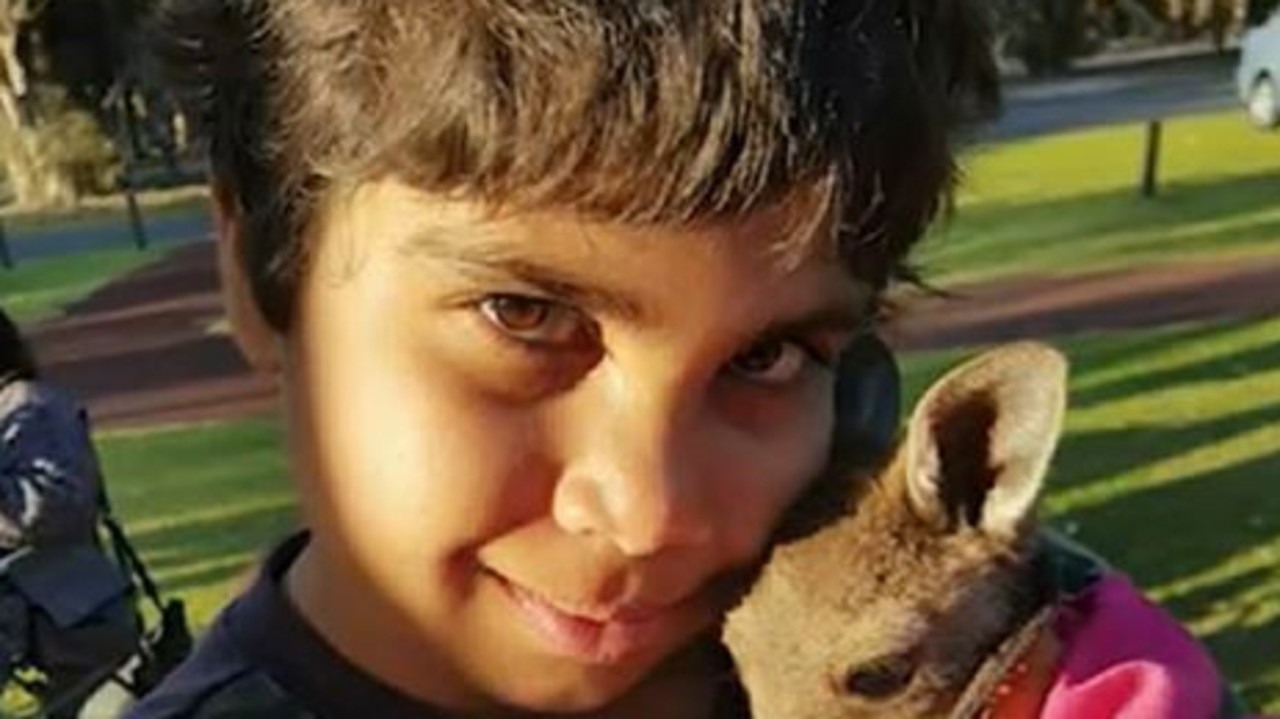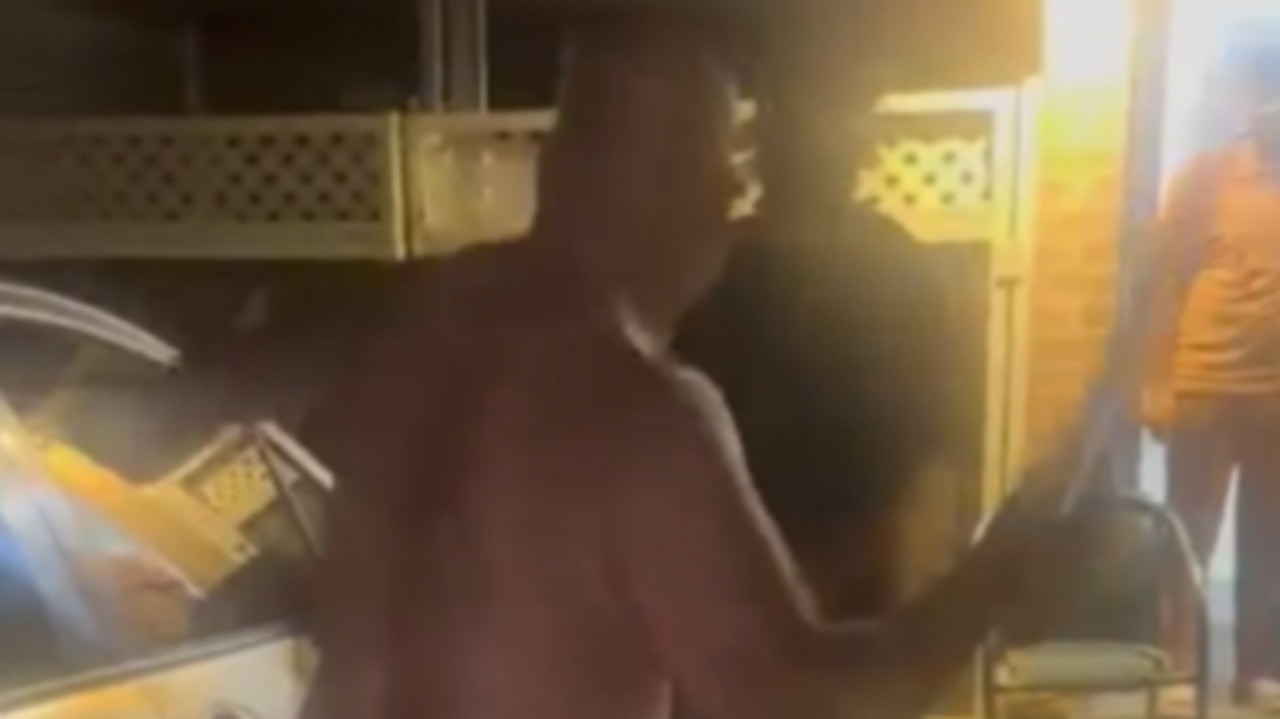Neil Prakash case explained: Aussie-born terrorist causing diplomatic war of words with Fiji
A messy war of words has broken out between Australia and Fiji over an Islamic State fighter that neither country wants.
A messy diplomatic war of words is raging between Australia and Fiji over a terrorist born here who nobody wants to take.
Last month, the government cancelled the citizenship of Neil Prakash, a Melbourne-born man who travelled to Syria in 2013 to fight with Islamic State.
The 27-year-old encouraged Australian jihadists to carry out lone-wolf attacks in a series of video messages shot in the war-torn region and distributed on social media.
Home Affairs Minister Peter Dutton agreed with advice provided by the Citizenship Loss Board in December to strip Prakash of his Australian citizenship and make him the problem of Fiji, arguing that he was a dual national.
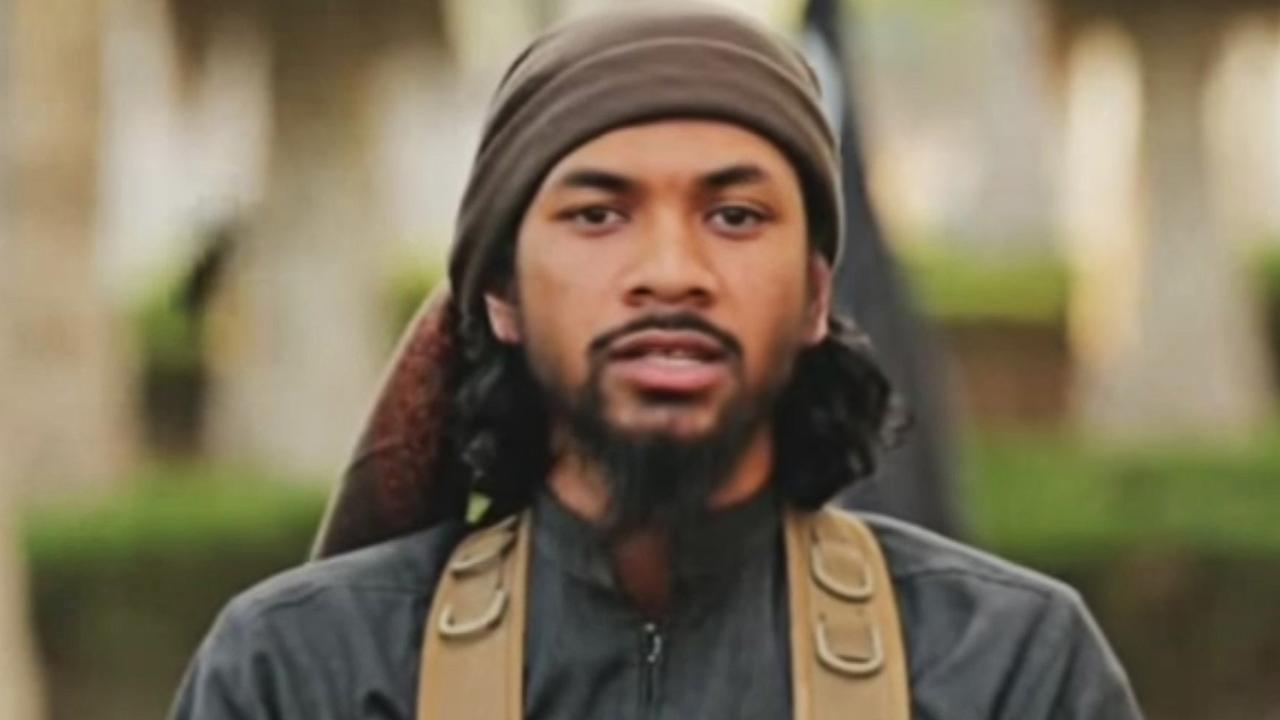
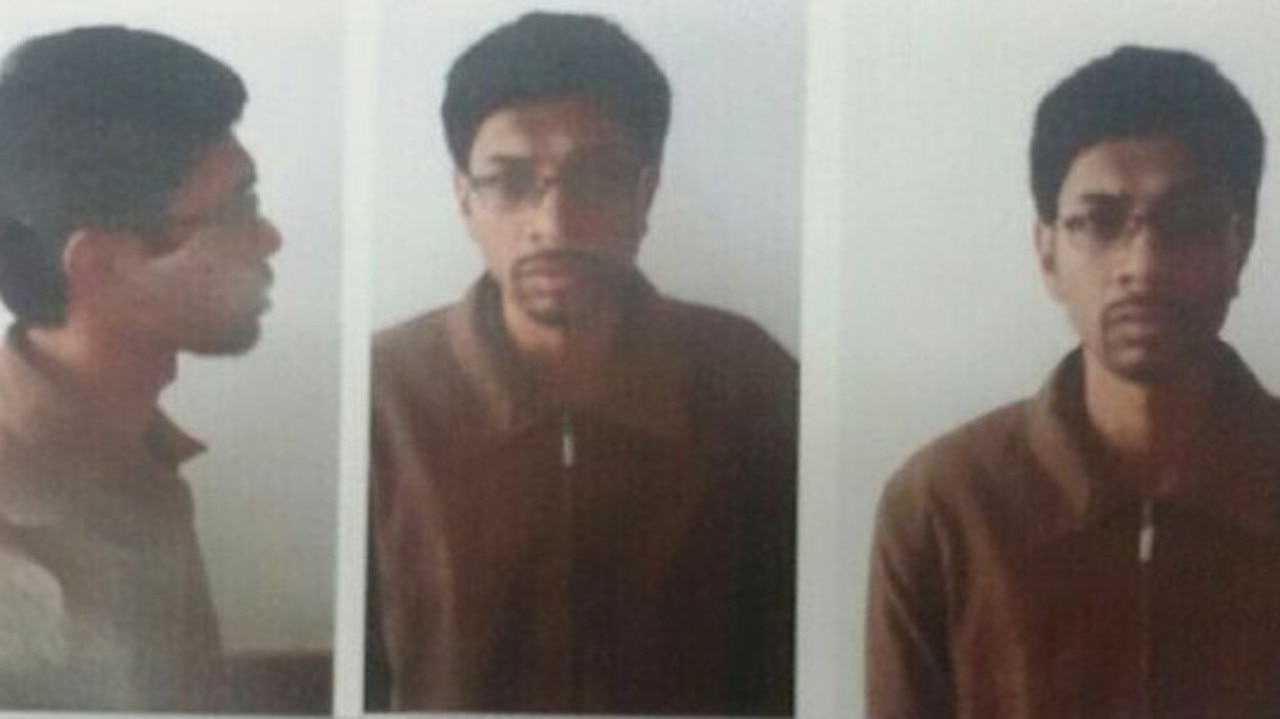
“The advice to the government in relation to Mr Prakash … is clear in relation to his Fijian citizenship,” Mr Dutton told reporters last week.
Prakash was born in May 1991 in Melbourne to a Cambodian mother and Fijian father, but Fiji denies he’s a citizen and doesn’t want to accept him.
Nemani Vuniwaqa, the island nation’s immigration director, said the terrorist had never set foot in Fiji nor sought citizenship either directly or indirectly.
“He is not a dual citizen. He has not applied for it,” Mr Vuniwaqa said.
Despite Fiji’s position, Mr Dutton remains firm in his stance, today saying through a spokesman: “Nothing has changed.”
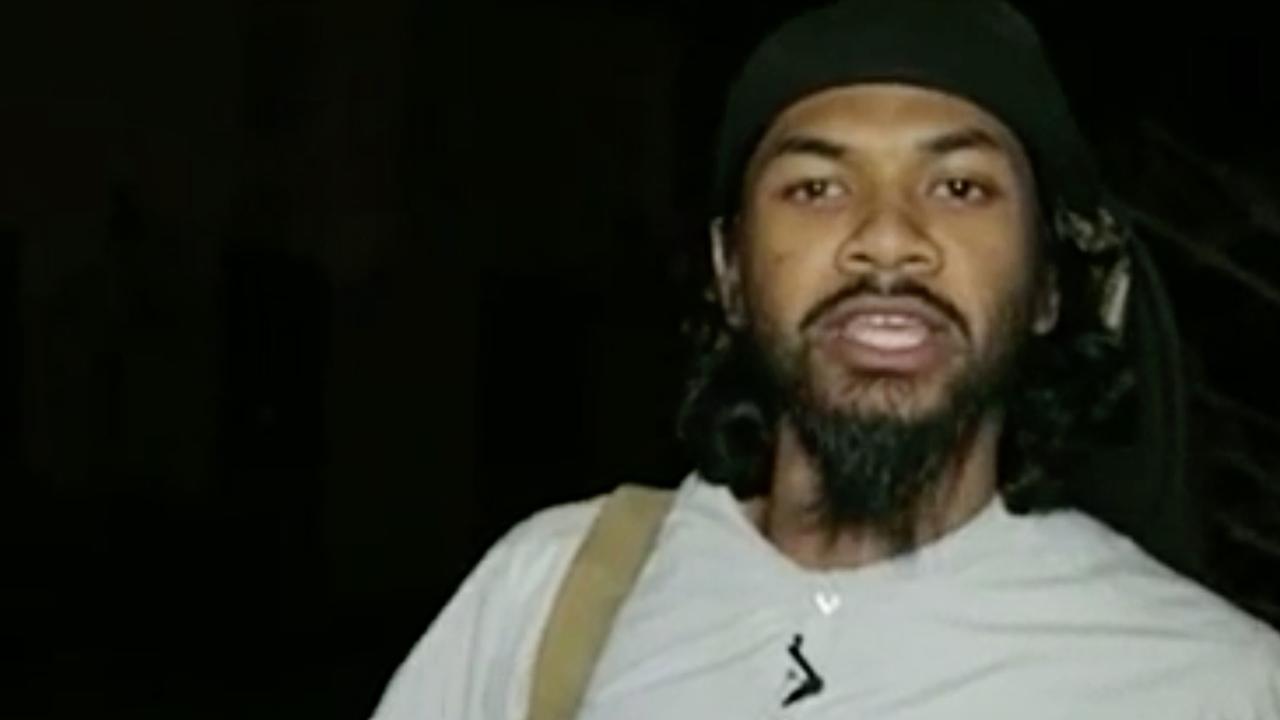
Prakash is currently being held by Turkish authorities following his arrest in 2016 at the Syrian border and faces up to eight years imprisonment.
However, there has been some suggestion that the case may not proceed if other charges are not presented.
Either way, after his release, where he will be deported is now in serious question.
The Australian Government’s decision potentially leaves him stateless — which would constitute a breach of the law.
WHAT HAPPENED?
The government passed legislation in 2015 allowing it to revoke the citizenship of individuals who pose a substantial risk to Australia’s national security.
Since then, 12 people have lost their citizenship — the most recent being Prakash.
The Citizenship Loss Board examines individual cases, relying on the advice of a number of departments, including Home Affairs, Foreign Affairs and Trade and the Attorney-General.
It also consults the intelligence agency ASIO and the Australian Federal Police before providing a determination to Mr Dutton.
“People have, through their own actions and the breaking of their allegiance to our country, seen their citizenship lost,” Mr Dutton said at a press conference last week.
“They will go through each element of that case and they then provide information to me, and I can determine … whether or not I want to accept that.
“In the case of Mr Prakash, clearly we did. As we have alleged, he is involved in a very serious way with terrorist activity in the Middle East.”
His activities constituted a rejection of his allegiance to Australia and warranted the removal of his citizenship status, Mr Dutton said.
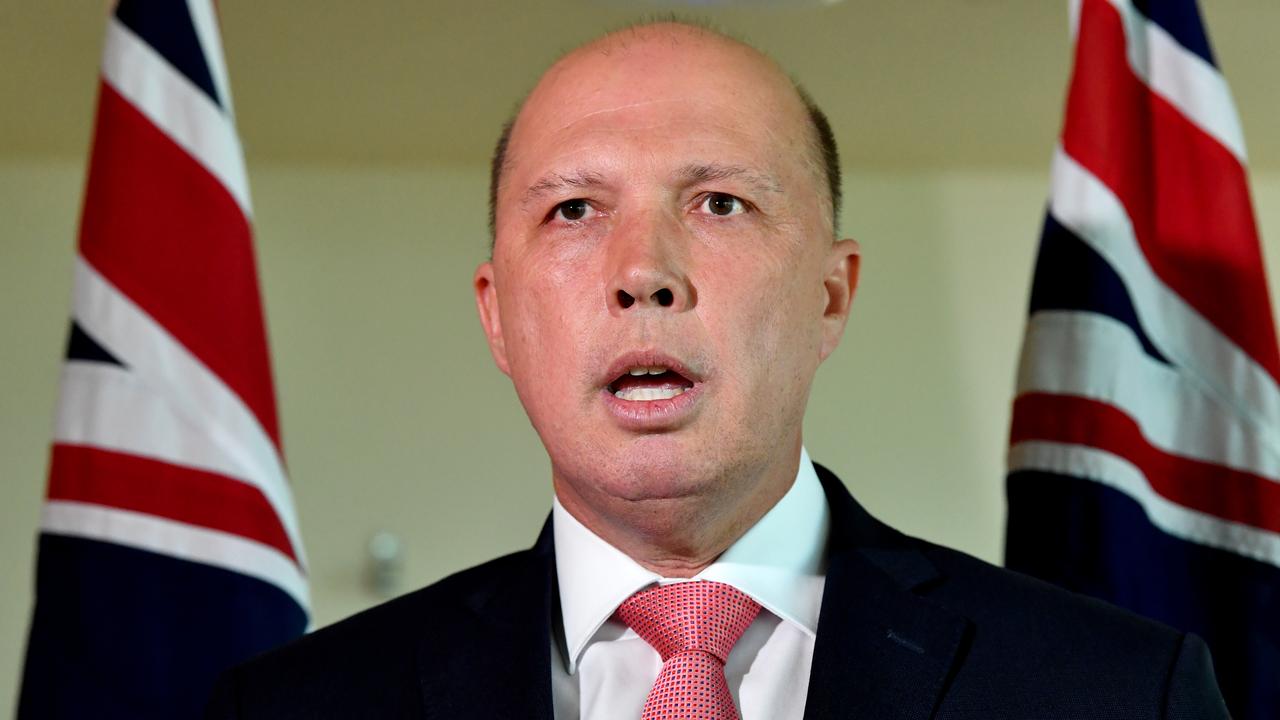
In this case, the government’s solicitor agreed with the belief that Prakash was a dual citizen of Australia and Fiji, by virtue of his father’s birth there.
However, to qualify for Fijian citizenship, he would’ve had to register an application and live in the country for three out of five years prior.
Mr Vuniwaqa insisted the man had done neither.
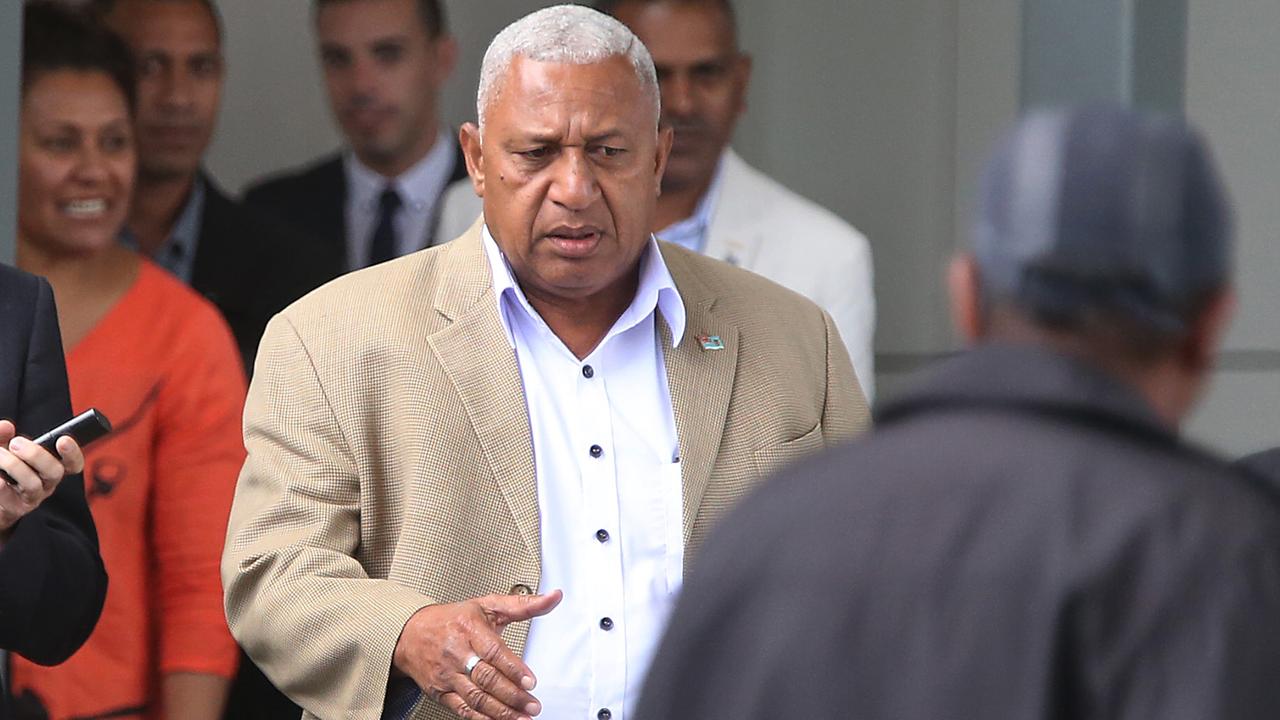
Citizenship cannot be revoked if it means the individual will become stateless — something the Law Council of Australia has expressed concern about.
The body’s president Arthur Moses SC said it was unclear whether Prakash may hold Fijian citizenship.
“If Prakash is in fact not a Fijian citizen, this raises serious questions regarding the automatic loss of citizenship under Australian law, which requires a person to be a national or citizen of a country other than Australia,” Mr Moses said.
“This is an issue that needs to be properly investigated and respectfully discussed with Fiji.”
Mr Moses said he held concerns the announcement of Prakash’s citizenship loss by Mr Dutton may have been “premature”
WHAT DOES IT MEAN?
Australia’s strategically important relationship with Fiji has been strained over the saga, with Mr Vuniwaqa claiming no one from the government had reached out before the decision was announced.
“I was not even approached by any kind of Australian government official, not by text or SMS message, or email or telephone,” he insisted. “Nobody goes to my staff except through me.”
Mr Dutton last week insisted authorities had been in close contact with Fiji about the legal advice that he was now their citizen.
“Fiji was notified of this case before it was made public and we will continue to work with the Fijians, but the legal advice is clear,” Mr Dutton said.
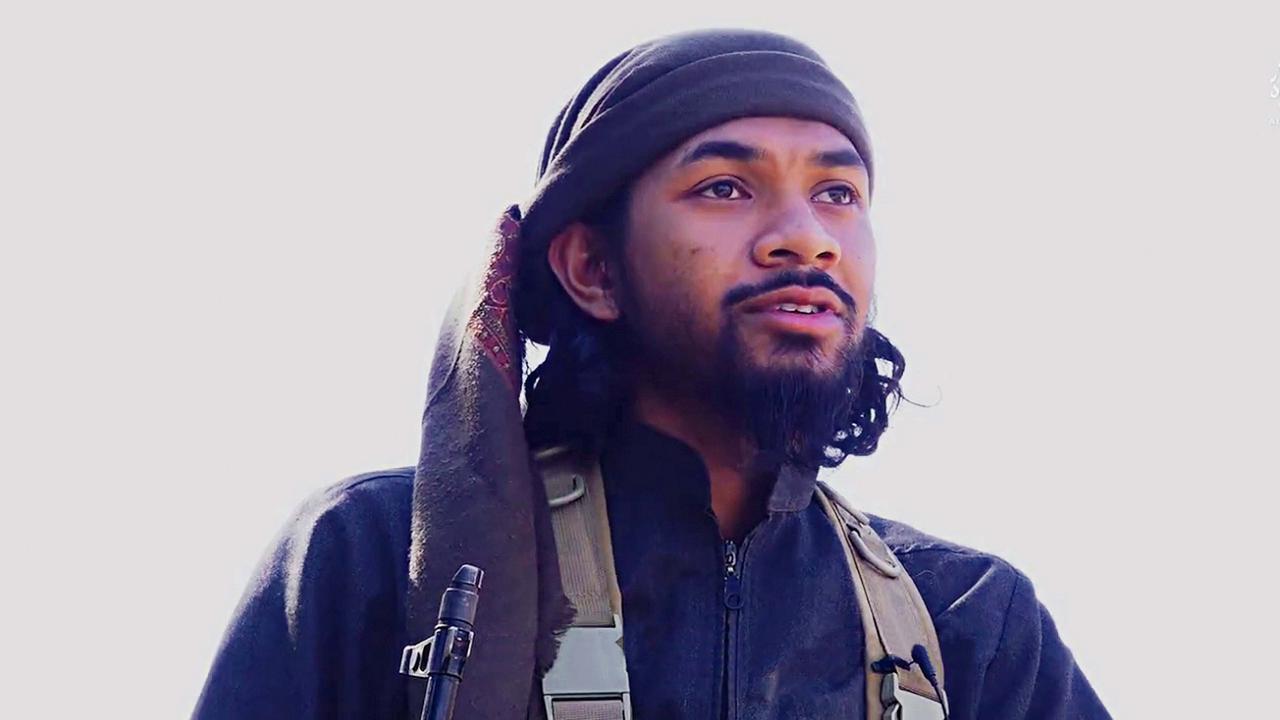
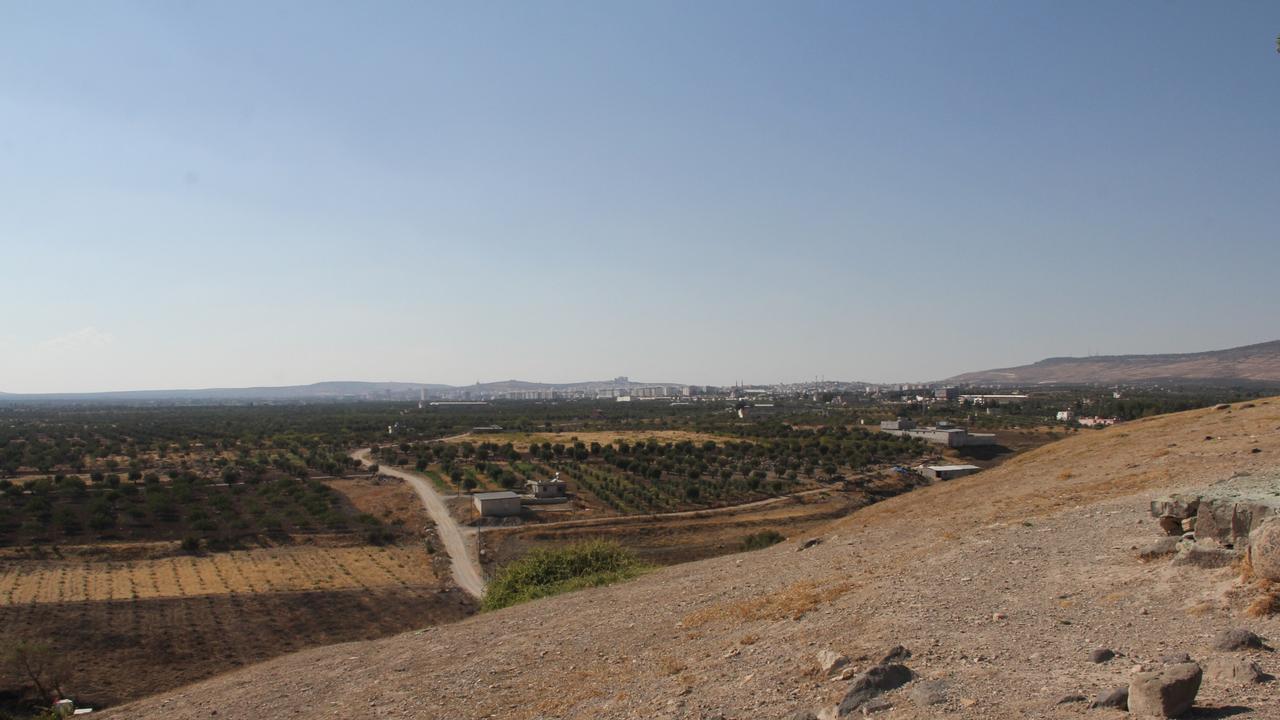
But the spat now raises concerns about which country Prakash will be deemed to be a citizen of.
Mr Moses said the handling of the matter could jeopardise future efforts to have him face justice here.
“I am troubled that this potentially premature announcement by the minister could jeopardise future extradition proceedings to bring Prakash back to Australia to face our justice system for his alleged crimes,” he said.
WHAT NOW?
The current framework for the legislation creates uncertainty and poses a risk that people could be left stateless, Mr Moses said.
“Rather, loss of citizenship should only occur after a criminal conviction by an independent, impartial and competent court or tribunal, particularly where the conduct in question has occurred within Australia,” he said.
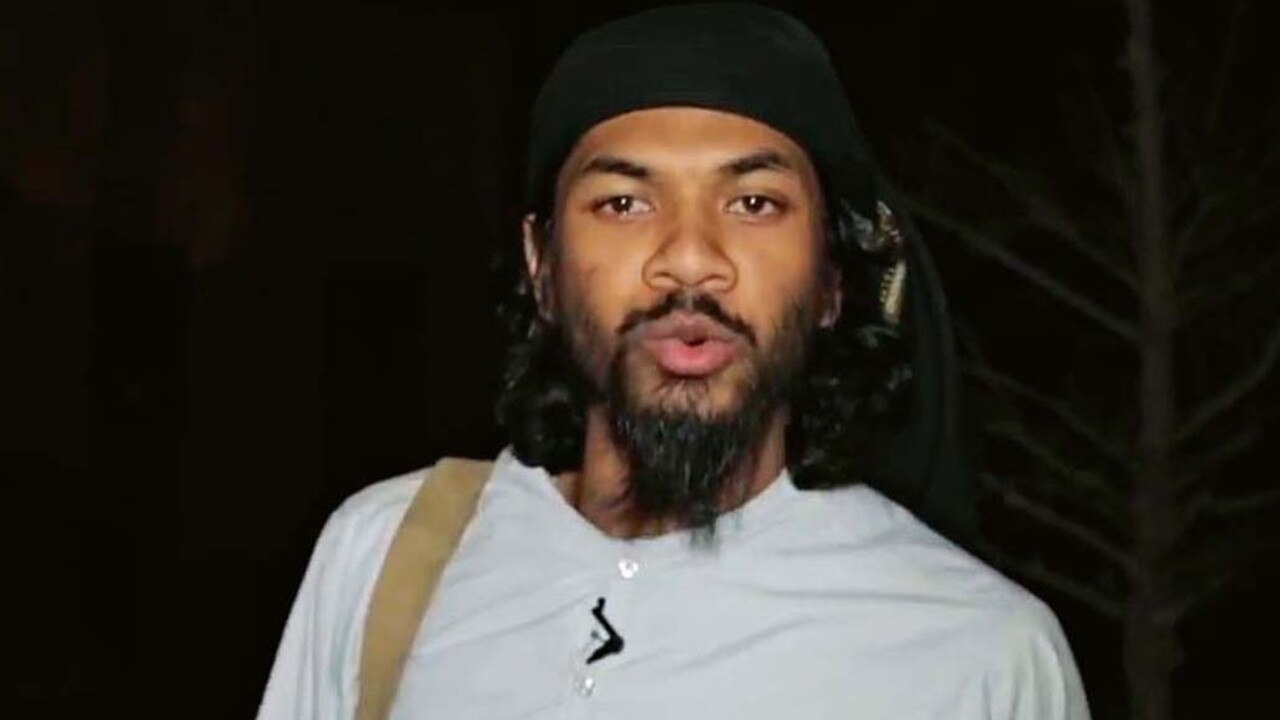
“Furthermore, after a conviction, automatic citizenship cessation should not occur.
“This should require a ministerial decision that considers whether the offender poses a substantial risk to Australia’s national security, as well as our international legal obligations. The Minister’s decision should afford procedural fairness and be subject to judicial review.”
He said the government had an obligation to ensure there was a proper basis for revoking citizenship and that it would not lead to “uncertainty or disputes with our allies”.
“When an announcement of international and national importance is made, the Government must ensure it is not premature and is verified,” Mr Moses said.
It is a crime for Australians to fight with terrorist organisations abroad and the government has alleged Prakash is a dangerous individual who poses a serious risk.
Mr Dutton said discussions with Fiji are ongoing.


